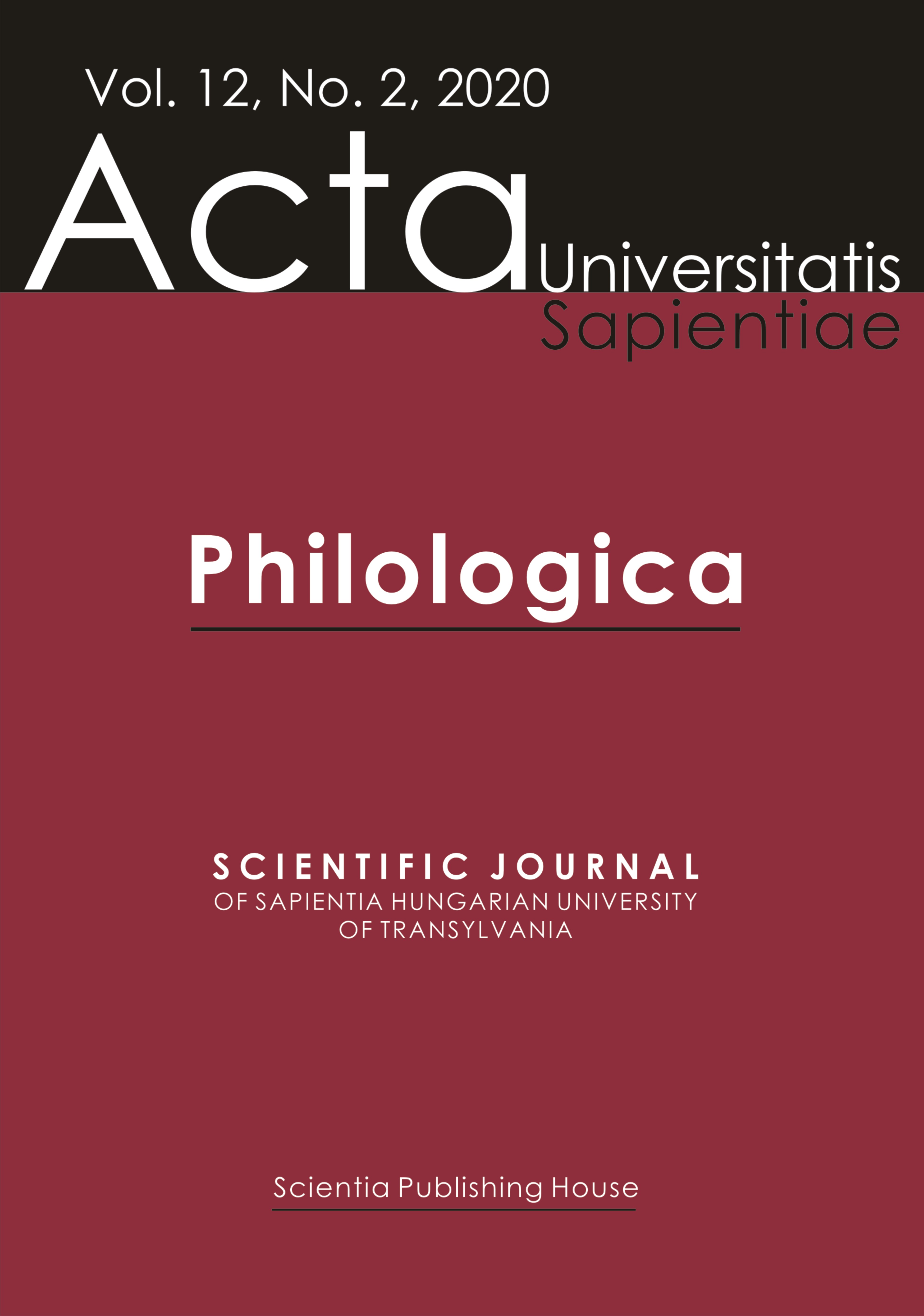The Role of Humour in Teaching: Teacher Training Students’ Image of Teacher and Views on Teaching
The Role of Humour in Teaching: Teacher Training Students’ Image of Teacher and Views on Teaching
Author(s): Erzsébet Szentes, Zsófia Irén Horváth, Katalin HarangusSubject(s): Psycholinguistics, Adult Education, Educational Psychology
Published by: Scientia Kiadó
Keywords: humour; education; metaphor analysis; image of teacher;
Summary/Abstract: A common question in teacher training is what trace is left behind by (many years of) institutional learning, that is, what kind of teacher and teaching image a teacher candidate starts his or her preparation with. The main determinants of becoming a teacher are the experiences gained as a student. The source of their approach and views is personal school experience, which can influence their professional development. In our study, we will discuss how future teachers think about the relationship between humour and school, humour and education. In the initial phase of our study, we asked first-year teacher training students about good and bad teachers in order to gain an insight into their views on teachers’ personality and work. After this, we used metaphor analysis to investigate teacher characteristics/qualities that approached the concept of teacher to novel, humorous-playful images. In this phase of our study, we focused on what effective communication tools they have for dealing with tensions and conflicts and the role of humour and playfulness. Not only research (Tisljár 2011; Lazarus, Role, and Genga 2011) but also everyday experience proves that there are a lot of practices in humour that can be learnt and that can shape personality, logic, and memory. The personality of the teacher cannot be formed, or it is very difficult to form, so teacher training has the potential to assist teacher candidates in acquiring skills that help them develop students’ cognitive and affective abilities in a fun way.
Journal: Acta Universitatis Sapientiae, Philologica
- Issue Year: 12/2020
- Issue No: 2
- Page Range: 84-98
- Page Count: 15
- Language: English

